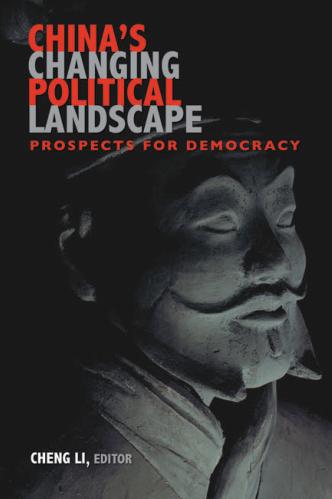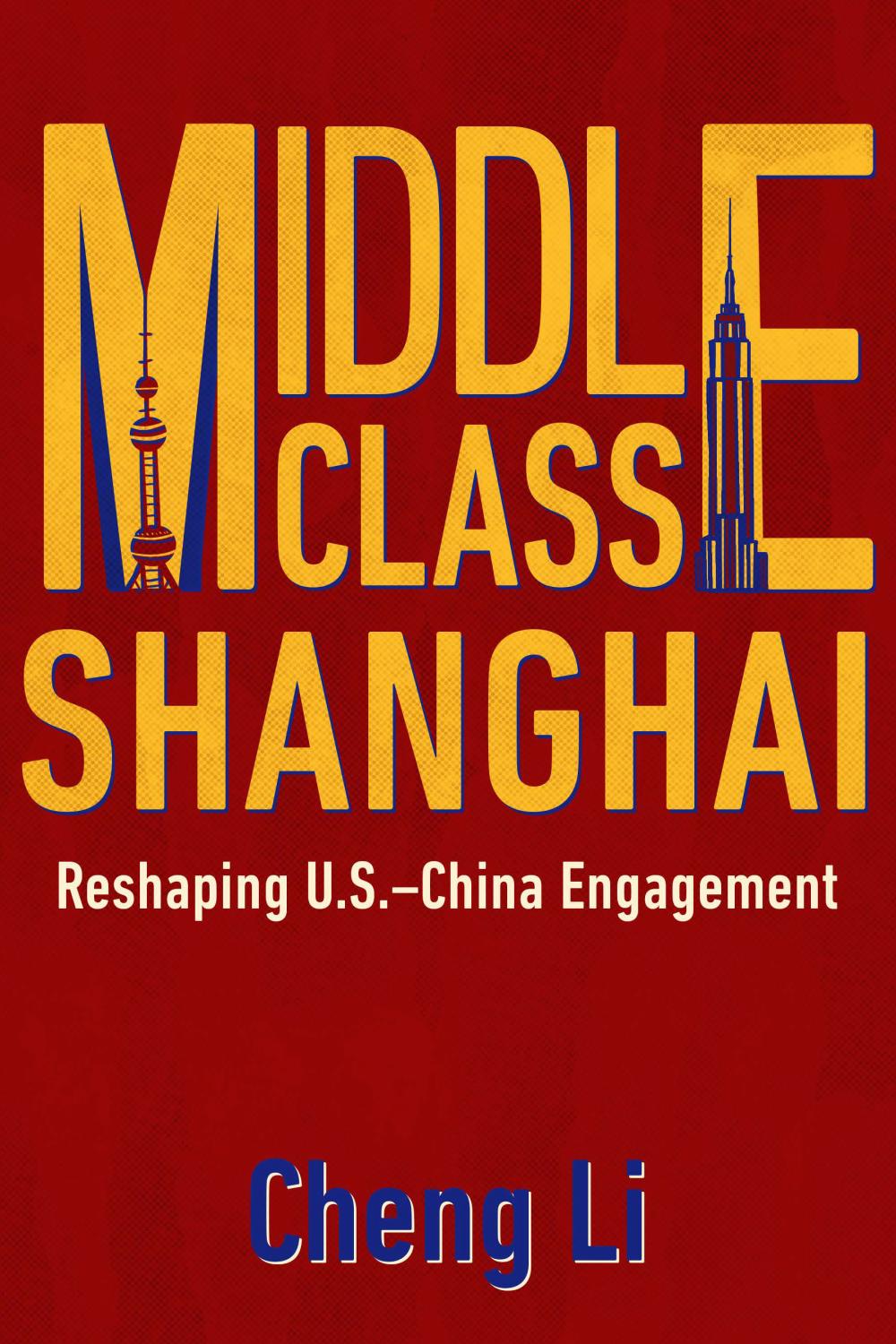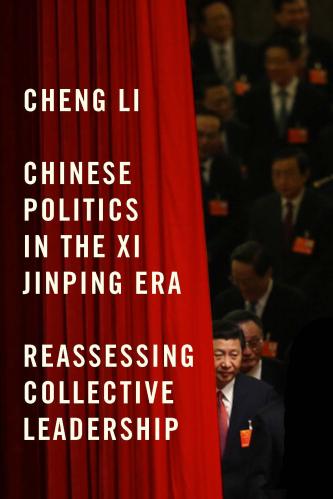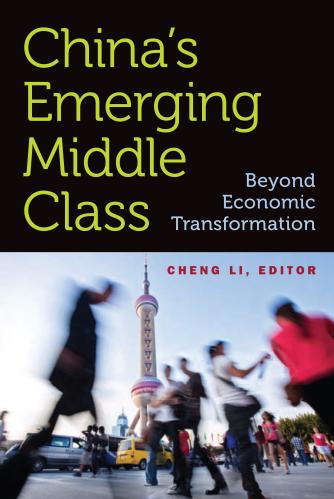


Book
The United States may be headed toward a disastrous conflict with China unless Washington updates its understanding of contemporary Chinese society
After four decades of engagement, the United States and China now appear to be locked on a collision course that has already fomented a trade war, seems likely to produce a new cold war, and could even result in dangerous military conflict. The current deterioration of the bilateral relationship is the culmination of years of disputes, disillusionment, disappointment, and distrust between the two countries. Washington has legitimate concerns about Beijing’s excessive domestic political control and aggressive foreign policy stances, just as Chinese leaders believe the United States still has futile designs on blocking their country’s inevitable rise to great-power status.
Cheng Li’s Middle Class Shanghai argues that American policymakers must not lose sight of the expansive dynamism and diversity in present-day China. The caricature of the PRC as a monolithic Communist apparatus set on exporting its ideology and development model is simplistic and misguided. Drawing on empirical research in the realms of higher education, avant-garde art, architecture, and law, this unique study highlights the strong, constructive impact of bilateral exchanges.
Combining eclectic human stories with striking new data analysis, this book addresses the possibility that the development of China’s class structure and cosmopolitan culture—exemplified and led by Shanghai—could provide a force for reshaping U.S.-China engagement. Both countries should build upon the deep cultural and educational exchanges that have bound them together for decades. The author concludes that U.S. policymakers should neither underestimate the role and strength of the Chinese middle class, nor ostracize or alienate this force with policies that push it toward jingoistic nationalism to the detriment of both countries and the global community.
With its unique focus, this book will enlighten policymakers, scholars, business leaders, and anyone interested in China and its increasingly fraught relations with the United States.
Related Books

Cheng Li
April 2, 2008

Cheng Li
October 18, 2016

Cheng Li
November 15, 2010
For more information, see Cheng Li’s essay “Shanghai’s dynamic art scene”
“Written in accessible and clinical prose, Li’s tour de force offers something to everyone—from veteran D.C. staffers to senior Beijing officials, from seasoned foreign policy analysts worldwide to inquisitive laypeople who want a better grasp of the key facts undergirding the most significant international relationship today.”
—Brian Wong, Nikkei Asia
Author

Cheng Li is director and a senior fellow at the Brookings Institution’s John L. Thornton China Center. He is also a director of the National Committee on U.S.-China Relations. His previous books include Chinese Politics in the Xi Jinping Era: Reassessing Collective Leadership and Bridging Minds Across the Pacific: The Sino-US Educational Exchange. He is the principal editor of the Thornton Center Chinese Thinkers Series published by the Brookings Institution Press.
Brookings’ Cheng Li on His Book-Middle Class Shanghai: Reshaping US-China Engagement
China’s middle class in dynamic Shanghai
An Interview with Cheng Li on the Impact of the Shanghai Middle Class on China’s Foreign Policy
Diversity in Chinese Society: Talking to Cheng Li
Cheng Li on His New Book, ‘Middle Class Shanghai’
“Middle Class Shanghai: Reshaping US-China Engagement” by Cheng Li
How the Shanghai middle class is shattering the US caricature of the ‘China threat’
Shanghai’s dynamic art scene
Hopes and Doubts in Beijing: Resetting U.S.-Chinese Relations Won’t Be Easy
Worsening global digital divide as the US and China continue zero-sum competitions
Book review: A glimmer of hope in U.S.-China relations?